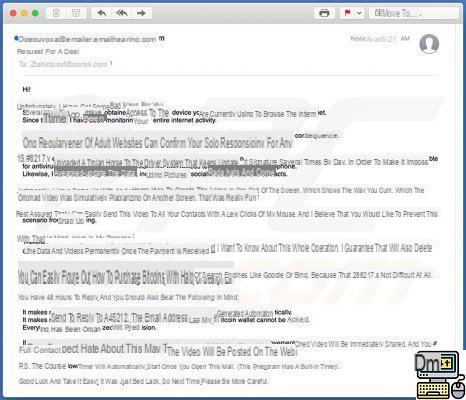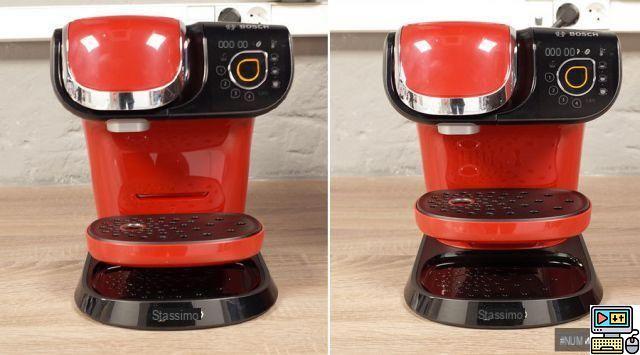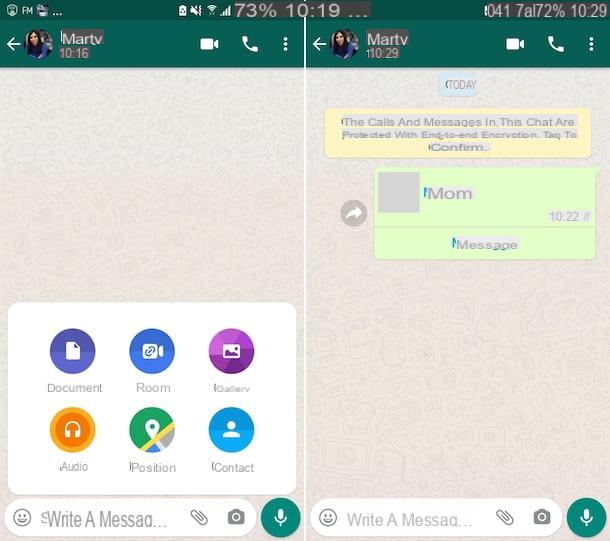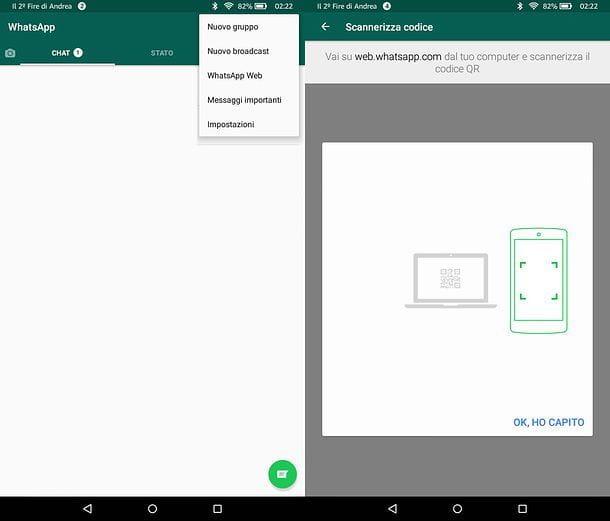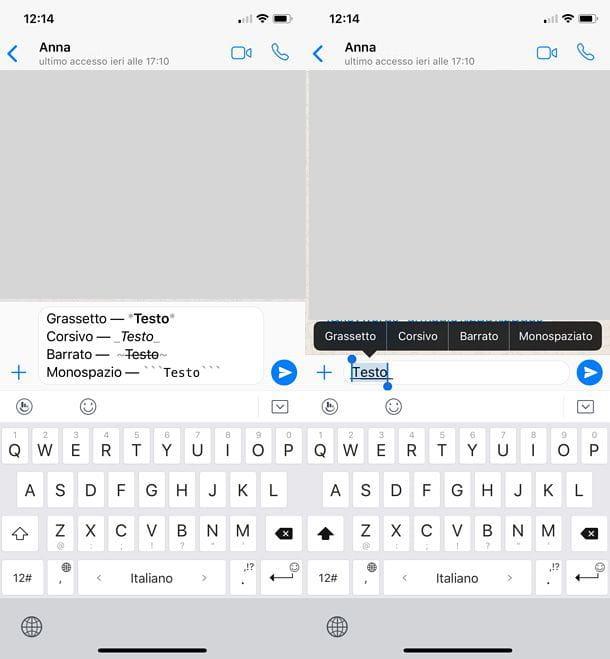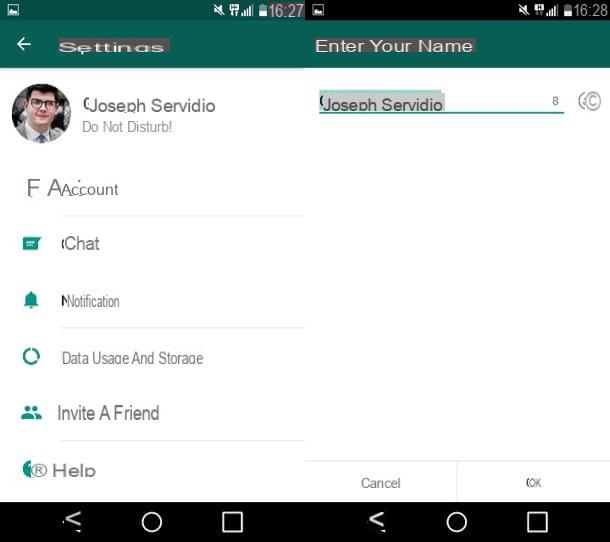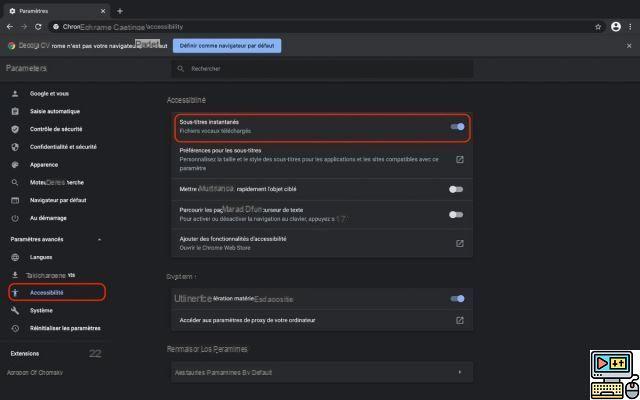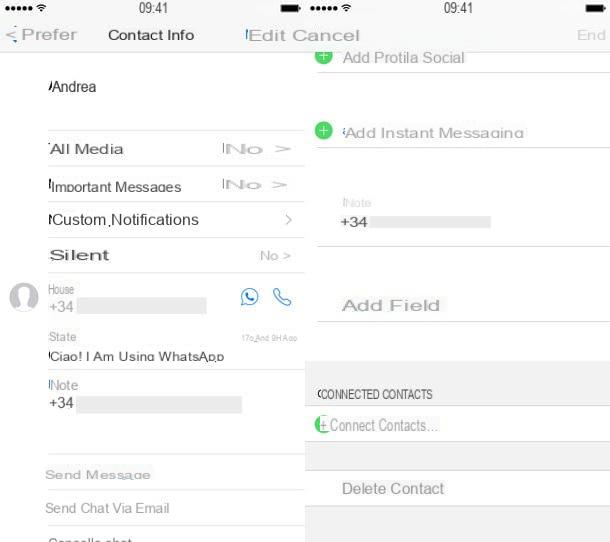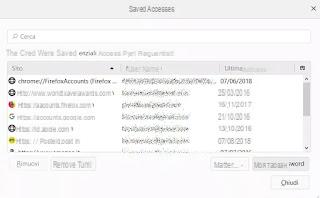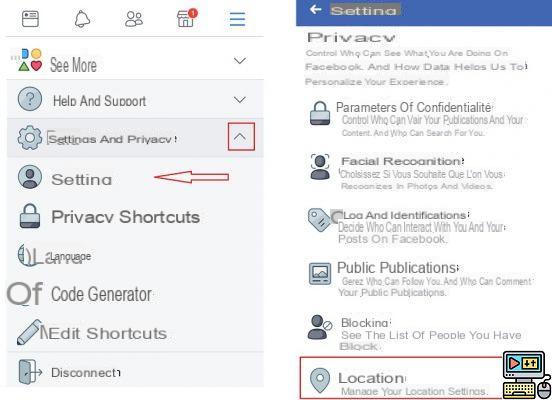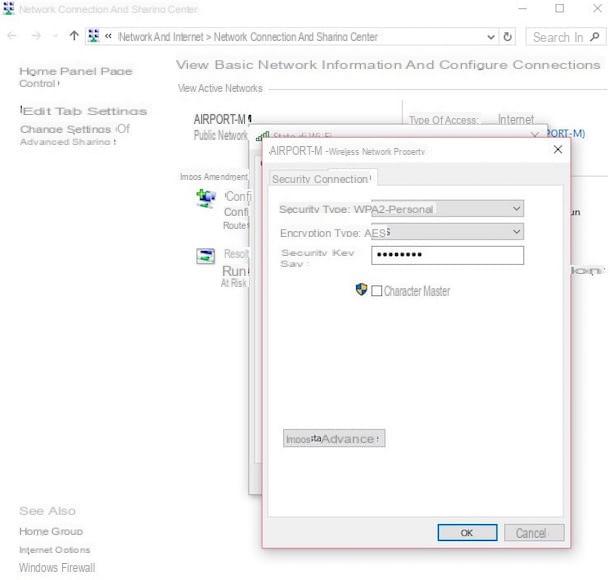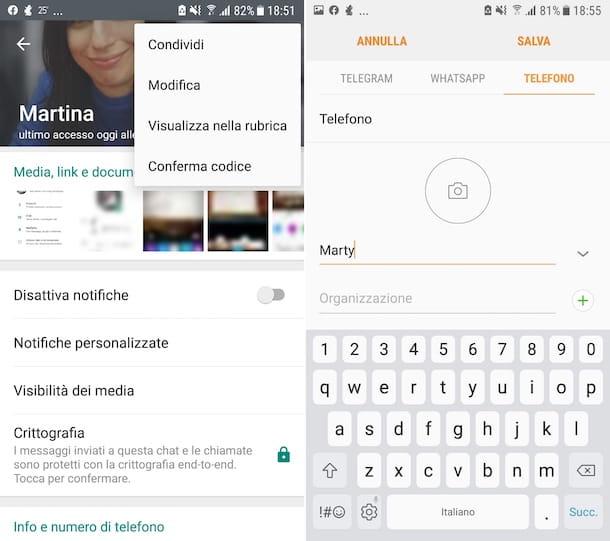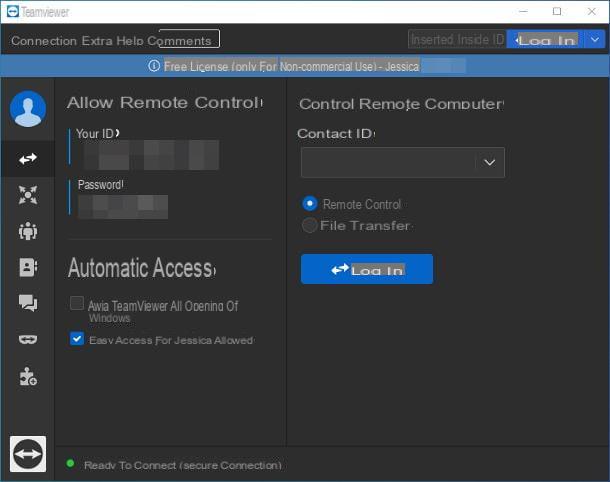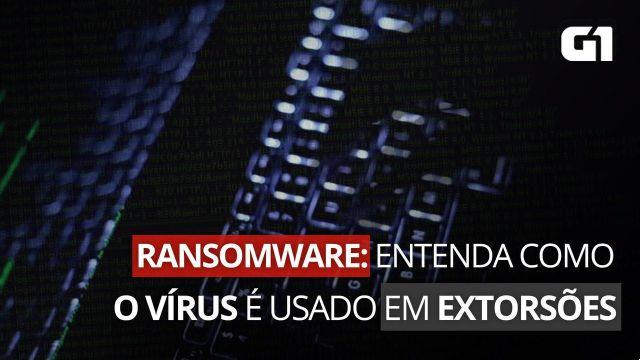
News: CryptoLocker the virus that makes hard disk data recovery difficult
These days there are many who show up in our offices, more than fifty in the last month, to recover data from their hard drives blocked by the powerful virus. It has been circulating for some years and the phenomenon has not reduced at all, on the contrary, over time the e-mails containing viruses have become smarter and the managers always remain unpunished.
We receive continuous reports of intrusions by e-mail from the Postal Police, the messages are detailed and it is easy to fall into the trap, just click on the reference link to have big trouble on your computer. In fact, more and more people denounce the scam, those who organize it are well protected abroad and although Europe is united, little has been done to streamline the existing bureaucracy, to prosecute a cybercriminal. They hide behind the e-mail messages warning of "refunds" for the "return of miscellaneous material" that contains the virus. Sometimes it happens that we expect a response from that particular courier or supplier of e-commerce products and, without thinking about it, we follow to the letter what they say to do. A good rule of thumb is to place the pointer over the links shown in the text and check, at the bottom left of the screen, if the URL reported is true, often you realize that it is not the poste.it to write to us, but maybe it is placed. ru or pasta.hr or an alphanumeric address, obviously it turns out that something is wrong. From the site of the Postal Police we discover the procedure well known to the police and we who do the data recovery of those unfortunate computers. In the message in question, the recipient is invited, to "receive more information about it", to open an attachment. Currently the attached file has a .cab / .zip / .scr extension and once opened it installs a virus on the PC that is difficult to remove with the subsequent loss of stored data. The attack by cybercriminals is of the ransomware type with CryptoLocker or similar, i.e. malware with which the attackers infect the computer, encrypt the victim's data and demand a payment for the decryption. The payment request to unlock the computer is in Bitcoin, the non-traceable virtual currency, but - it should be noted - that the payment does not give the certainty that the data is made usable and the advice is not to give in to blackmail. The Postal Police, therefore, urges users not to open the attachments of suspicious e-mails at all and immediately trash their content before the entire system can be infected.
(Information source:)




